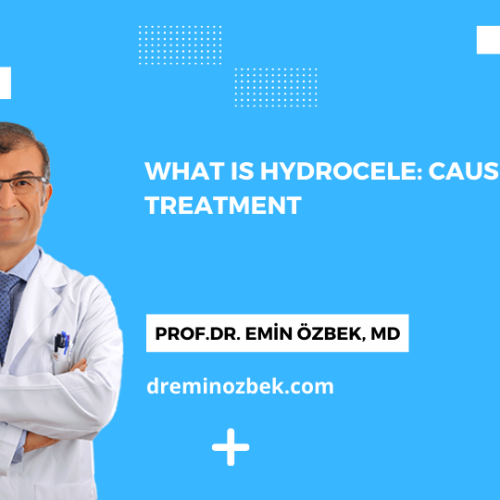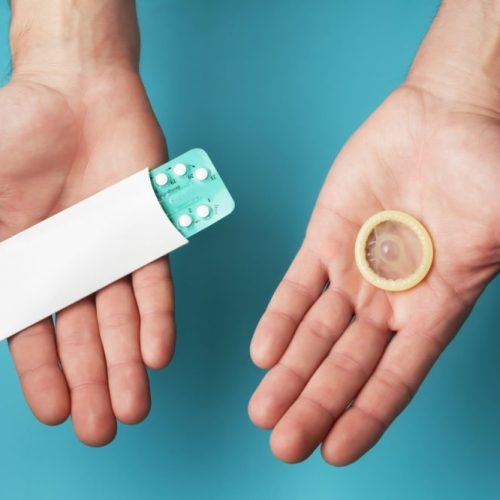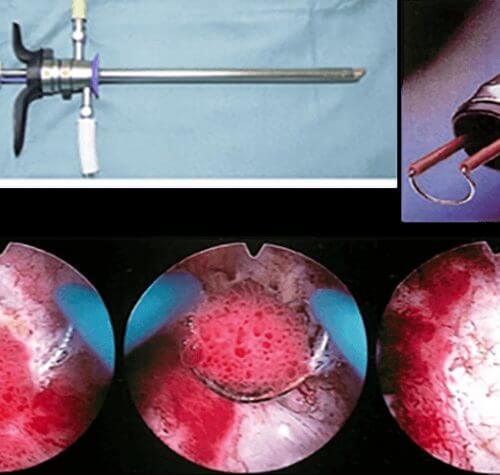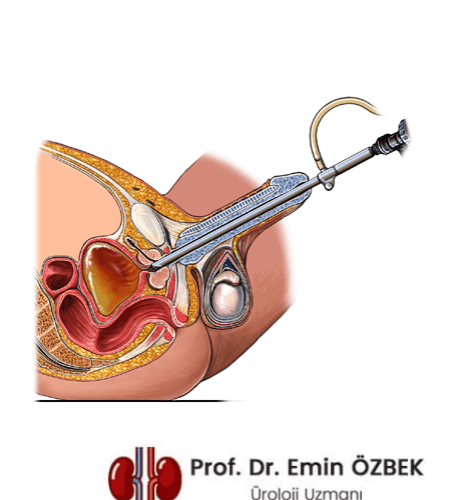Renal angiomyolipoma (AML) is a benign kidney tumor composed of three types of tissues: blood vessels, muscle, and fat. It is the most common benign renal tumor, often found incidentally during imaging for other conditions. Though typically asymptomatic and non-cancerous, larger AMLs can cause symptoms like pain, blood in the urine (hematuria), or kidney function...
Penile Cancer: Causes, Risk Factors and Treatment
Penile cancer is a rare type of cancer that forms in the tissues of the penis, most commonly in the cells of the skin. It primarily affects men over the age of 50 but can occur at any age. The most common form is squamous cell carcinoma, which develops in the flat cells lining the...
Epididiymal Cyst
An epididymal cyst is a fluid-filled sac that develops in the epididymis. These cysts are generally benign and painless, though larger cysts can cause discomfort or swelling in the scrotum. Diagnosis is often made through a physical examination and confirmed with an ultrasound. Symptoms may include a painless lump, a sensation of heaviness, or mild...
What is Hydrocele: Causes and Treatment
A hydrocele is a medical condition characterized by the accumulation of fluid in the sac around the testicle, leading to swelling in the scrotum. It is common in newborns but can also occur in older males due to injury or inflammation. Hydroceles are usually painless and harmless, though they may cause discomfort if the swelling...
Nonsurgical Penile Lenghtening
Nonsurgical penile lengthening refers to a variety of methods aimed at increasing the length of the penis without the need for invasive surgical procedures. These approaches may include the use of traction devices, vacuum pumps or pharmacological treatments. Unlike surgery, nonsurgical options are generally considered less risky, but their effectiveness and results can vary. What...
Nonsurgical Penile Augmentation and Girth Enhancement
Nonsurgical penile augmentation and girth enhancement refers to minimally invasive procedures aimed at increasing the size or circumference of the penis without surgery. These treatments often involve injectable fillers, such as hyaluronic acid or autologous fat transfer, which are designed to enhance penile girth. These procedures are growing in popularity as men seek alternatives that...
Methods of Contraception for Men
Contraception plays a crucial role in family planning and sexual health, and while much attention has historically focused on female contraceptive options, there is an increasing recognition of the importance of male contraception. In this article i will explore the various methods available to men, ranging from traditional approaches like condoms and withdrawal to more...
Bladder Cancer TUR-T Operation
A bladder cancer TUR-T (Transurethral resection of tumor) operation is a minimally invasive surgical procedure used to diagnose, treat, and manage bladder cancer. TUR is often the first step in bladder cancer treatment, helping to determine the stage and grade of the cancer, and in some cases, it may remove the tumor entirely if it...
Transurethral Prostate Resection Surgery (TURP)
Transurethral prostate resection (TURP) is an endoscopic surgical procedure used in the treatment of benign prostatic hyperplasia (BPH). It is a well-known method and yields highly successful results when performed by experienced hands. In this article, I will provide general and up-to-date information about TURP surgery. What is TURP surgery? TURP surgery is an endoscopic,...
FAQs About Ileal Loop and Orthotopic Ileal Neobladder Operations
Ileal loop (ileal conduit) and orthotopic ileal neobladder operations are surgical procedures performed following bladder removal, typically due to bladder cancer. These procedures create new pathways for urine to exit the body. Here i will answers to common questions about the procedures, their benefits, and potential complications to help patients understand what to expect and...











